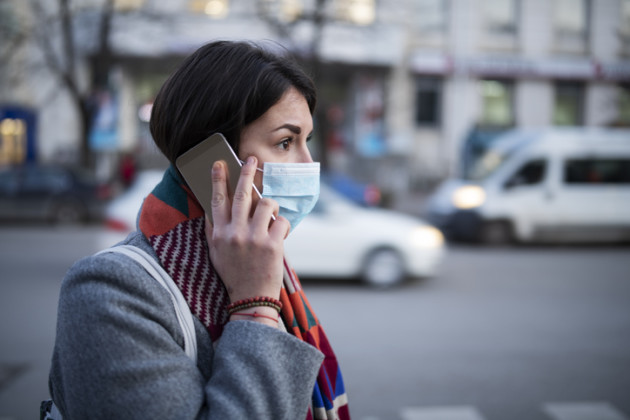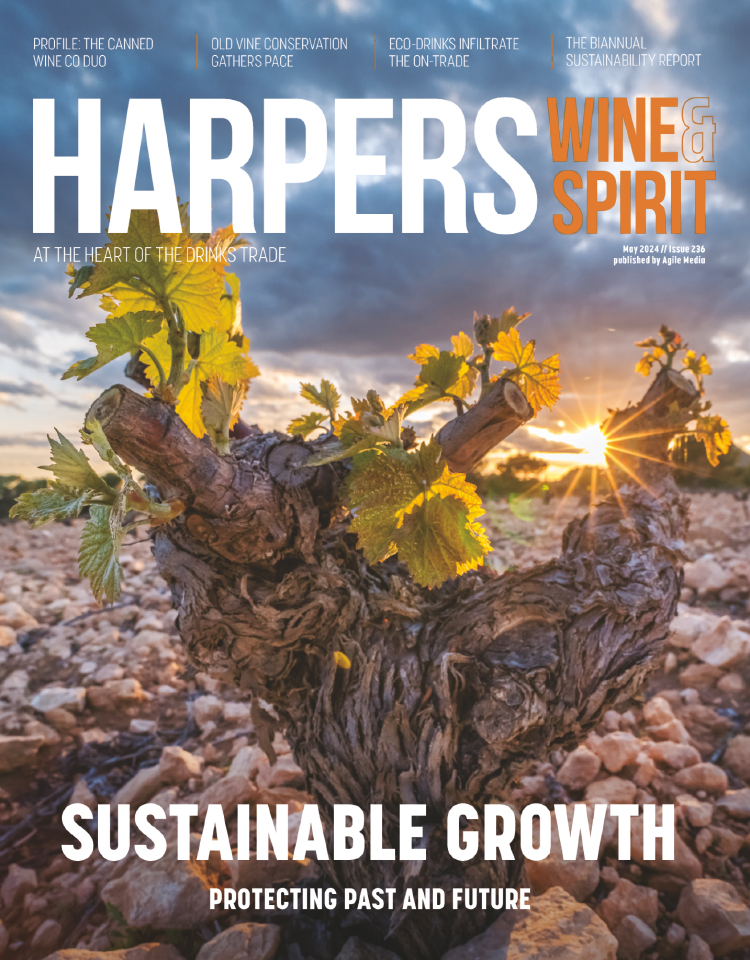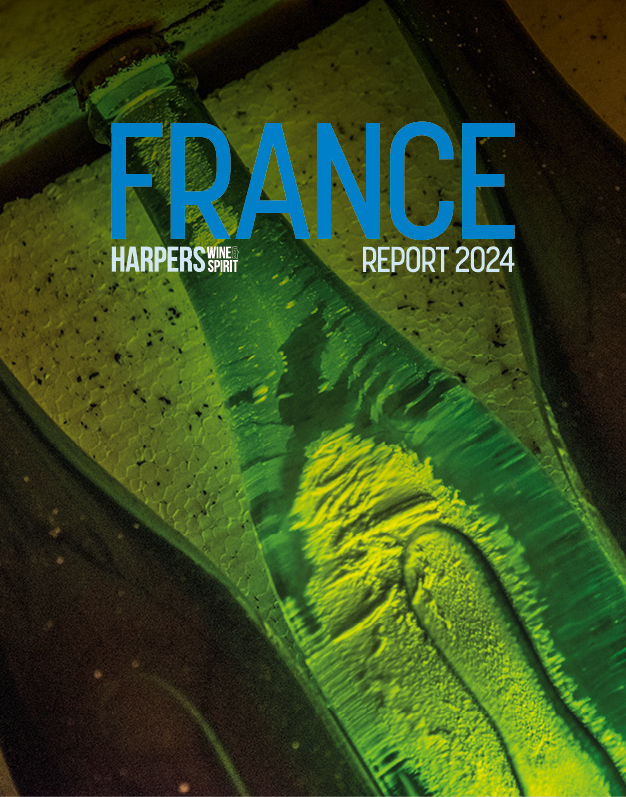
Delayed recovery predictions put Covid-19 in stark contrast to 2008 crash
The UK’s retail sector will experience a delayed recovery well into the fourth quarter of 2020, with businesses needing to adapt to altered customer behaviours.
This is the prediction of analysis from Nielsen Global Connect, announcing a “new global framework” in the wake of the initial Covid-19 lockdowns, which considers the likelihood of fast ‘rebound’, slower ‘reboot’ and lengthy ‘reinvent’ scenarios for global markets navigating the economic aftermath.
The analysis highlights the “entirely different nature” of the current crisis from the 2008 financial crisis, suggesting that a ‘V-shaped’ rebound in the UK is very unlikely, given ongoing restrictions and significant changes in consumer priorities.
“Much has been made of comparisons to the 2008 global financial crisis, but this situation doesn’t make for accurate comparisons. The circumstances back then were fundamentally different,” said Nielsen global intelligence leader Scott McKenzie.
“Thousands weren’t dying each day, millions weren’t locked in their homes indefinitely, businesses weren’t ordered to close their doors, kids were still in school. The impact of this will be profound and more far reaching than anything we’ve seen in our lifetimes… the pace of change is also extraordinary.”
Identifying consumers as broadly falling into ‘insulated spenders’ and ‘constrained spenders’ categories –employed but cautious, and the jobless – both will rein in on spending, predicts the report.
Insulated spenders will spend more on indulgence, while constrained spenders will be ‘entirely budget focused’, only buying necessities.
This, in turn, will mean that retailers will have to reassess pricing strategies, with price caps and price protected goods necessary for vulnerable consumers, also affecting the frequency and depth of possible promotional activity.
Communication will also become important in areas such as health and hygiene, along with the technology needed to back that up, plus the rising preference for local products and greater self-sufficiency.
“It is essential that retailers and businesses across the retail supply chain ensure that they are well prepared to make the sufficient changes in order to live up to the demand from consumers, as well as the changed behaviours from UK shoppers,” added Paul Walker, Nielsen UK & Ireland managing director.
“There is unlikely to be a return to ‘normal’, and success post-pandemic will require understanding of how your brand, marketing strategy and product mix is able to recalibrate to meet the changing needs of these two key consumer groups – the insulated and the constrained.”
Demonstrating care and empathy, along with the provision of great service to engender long-term gains in loyalty, will also be crucial for retailers and brands if they are to meet the challenges posed by the ongoing health crisis with a vaccine still far away.
Keywords:
- UK
- Retailers
- consumers
- global
- businesses
- behaviours
- Nielsen
- crisis
- weren’t
- adapt
- financial crisis
- nielsen global
- ‘constrained spenders’
- spenders’ categories
- categories employed
- homes indefinitely businesses
- ‘constrained spenders’ categories
- extraordinary ”identifying consumers
- businesses weren’t ordered
- indefinitely businesses weren’t






